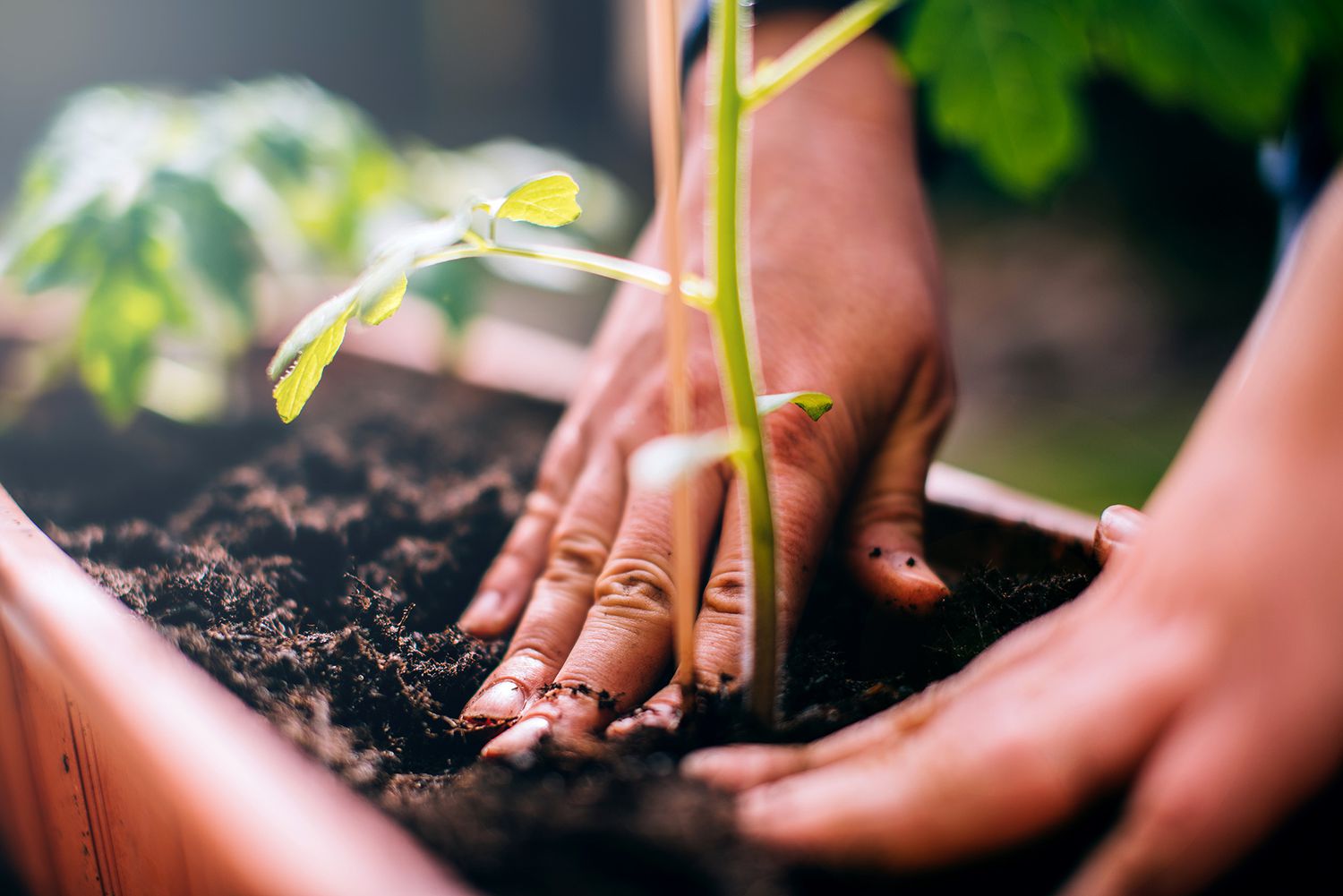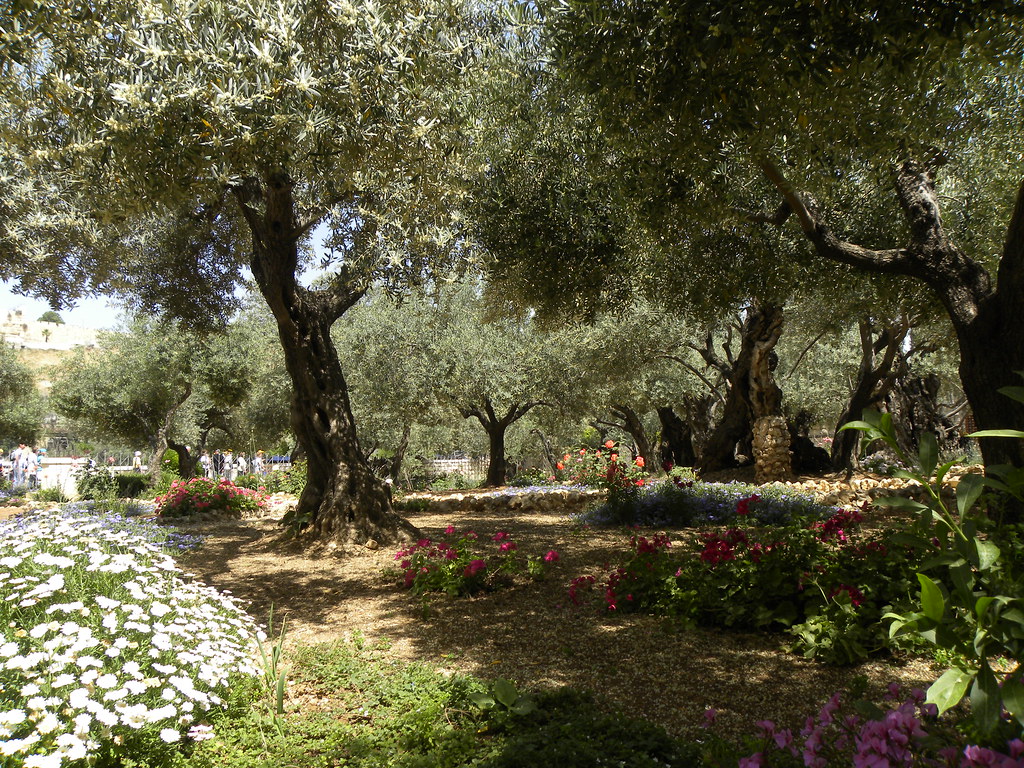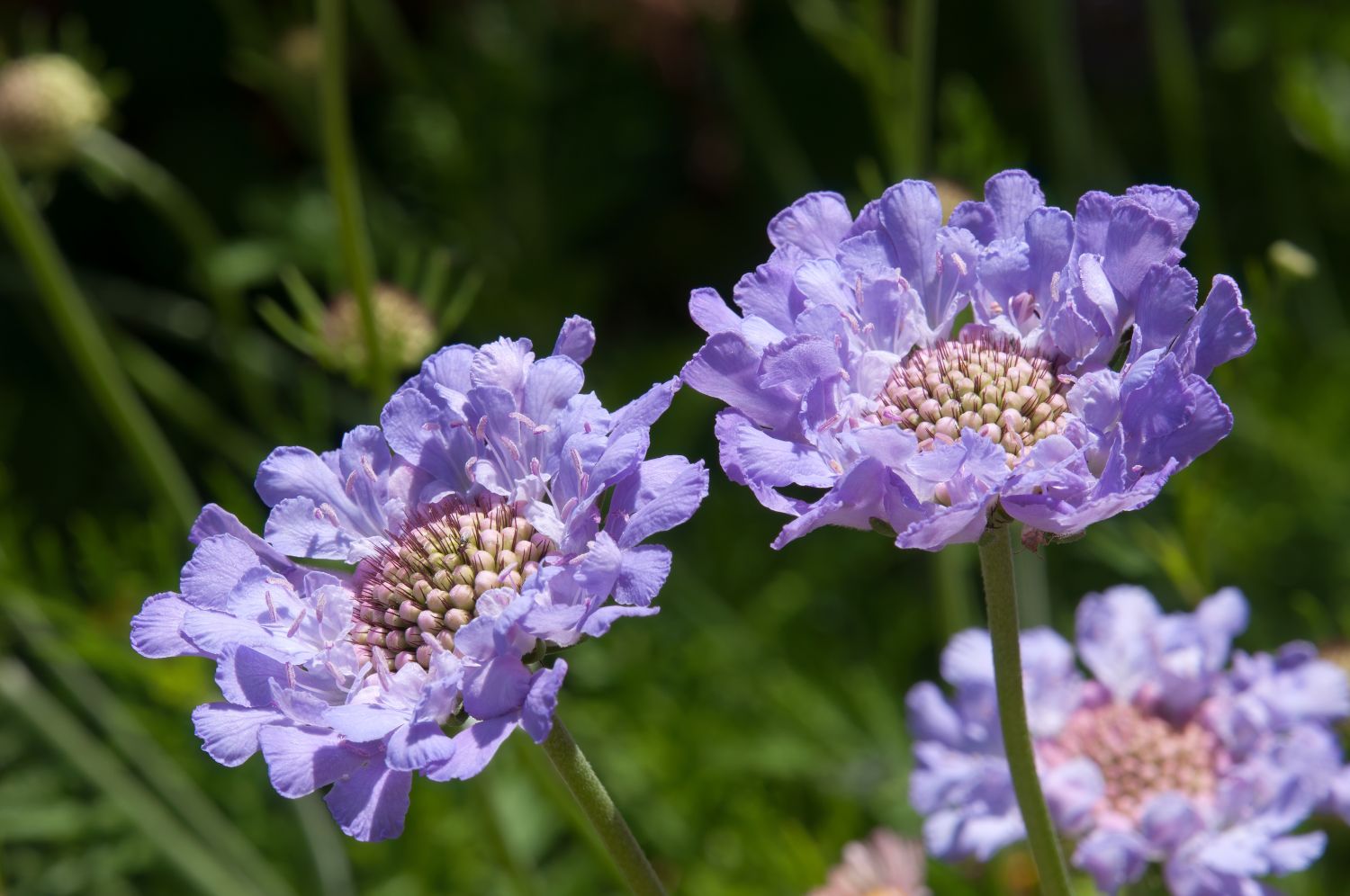As the first wave of COVID-19 gripped the world, people started turning to home-friendly hobbies and eventually, gardening became one of the hottest trends. As the pandemic set off a global gardening boom, the sales of garden equipment spiked among consumers, who have also found themselves spending a lot of time surfing on the net for handy gardening tips.
What if I told you that, aside from gardening experts, I’ve learned a lot about gardening from the Bible?
See, I’m a strong believer and in my dictionary, a true believer should keep their belief alive by turning it into reality. I don’t impose my beliefs on anyone, but I inculcate them in my daily life. This is why I believe that gardens are intricately connected to the story of God’s creation.
In the beginning of time, when God created man, He placed him in the Garden of Eden – the very first garden God created, a place meant for joy, peace and divine promise. In the same garden was the tree of knowledge of good and evil and also the tree of life. Gardening’s prominence began when God gave Adam, the world’s first gardener, the task of tending the garden. Unfortunately, the story took a pivotal turn when sin took place and man was cursed. However, gardening’s eminence did not end in Eden.
Thousands of years after mankind’s first transgression of God’s promise, the second Adam came, knelt down in the garden of Gethsemane and carried out the will of our Heavenly Father.
As you explore different stories of the Bible, you’ll learn that gardens used to play critical roles, representing both a place of hope and of betrayal. If you are a believer and a newcomer in gardening, I promise the Bible is full of lessons based on composting, planting and of course, harvesting.
Preparing Your Soil for Gardening

Whether you are planting shrubs, trees or spring flowers, you need to know that healthy and fertile garden soil plays a pivotal role. The more time and effort you take to prepare your soil, the more and better you will reap.
Those who are new to home gardening often fail to recognize this crucial step, which consequently results in unappealing flowers, unripe fruits and diseased vegetables.
I often compare the soil to a believer’s heart. Unless you prepare your heart to receive what God has for you, you will not be able to reap good fruits.
The following verses constantly remind me about that:
“He also took some of the seed of the land and planted it in fertile soil. He placed {it} beside abundant waters; he set it {like} a willow…It was planted in good soil beside abundant waters, that it might yield branches and bear fruit, {and} become a splendid vine.”
– From Ezekiel 17:5,8
“{He also had} plowmen and vinedressers in the hill country and the fertile fields, for he loved the soil.”
– From 2 Chronicles 26:10
Treating the Fallow Ground

Fallow soil simply refers to the ground or soil which has been left unplanted for a long time. For instance, most lands are left to rest during the winter and fall seasons. Despite going through a long period of barrenness, if fallow soil is treated properly, it can produce crops. The key often lies in the wisdom used in treating such soil.
Once again, think of spiritual barrenness when you are faced with trials and persecutions. During that difficult time, it is important to till up the mulch in your hearts, let God eliminate all the rotten things and enrich your hearts with His word and love. Similarly, when treating fallow land, you need to till decomposed organic material into it to enrich it.
“For thus says the LORD to the men of Judah and to Jerusalem, “Break up your fallow ground, and do not sow among thorns.”
– From Jeremiah 4:3




Beautiful article. Made me cry.